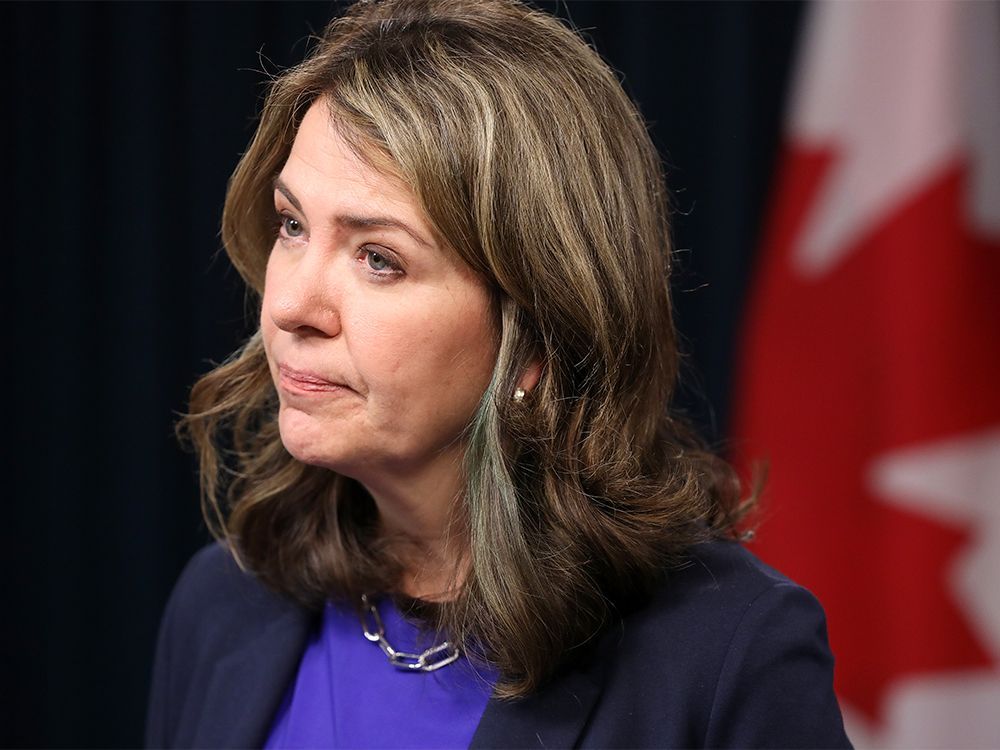California Women's Reproductive Care at Risk? Newsom's Medi-Cal Budget Sparks Outcry
California Governor Gavin Newsom's proposed budget adjustments for Medi-Cal, the state's low-income health insurance program, are facing fierce criticism from health advocates. The plan, as it stands, could significantly impact women's reproductive healthcare access, diverting funds initially earmarked for increased physician compensation and expanded reproductive services to cover rising program costs.
Medi-Cal, a vital safety net for millions of Californians, has experienced a dramatic surge in expenses in recent years. While acknowledging the financial pressures, critics argue that redirecting funds from reproductive care is a short-sighted solution with potentially devastating consequences for women's health and equality.
The Core of the Controversy: Diverting Funds
Newsom's budget proposal includes a shift of resources originally allocated to fulfill voter-approved initiatives aimed at boosting payments to doctors and bolstering reproductive healthcare services. These initiatives were designed to address long-standing issues within the Medi-Cal system, including physician shortages and limited access to essential reproductive health services. The shift is intended to help manage the program's escalating costs, which are driven by increased enrollment and overall healthcare inflation.
Health Advocates Sound the Alarm
Numerous health advocacy groups are voicing strong concerns about the proposed changes. They argue that reducing funding for reproductive care will disproportionately impact low-income women, particularly those in underserved communities. Concerns center around potential reductions in access to vital services such as contraception, prenatal care, cancer screenings, and abortion services.
“This is a shocking and frankly, plain cruel move,” stated Dr. Eleanor Vance, a leading reproductive health specialist in Los Angeles. “It undermines the progress we’ve made in ensuring equitable access to reproductive healthcare for all Californians. Cutting these funds will have a ripple effect, leading to poorer health outcomes and exacerbating existing inequalities.”
The Broader Context: Medi-Cal's Financial Challenges
The rising costs of Medi-Cal are a complex issue with multiple contributing factors. An aging population, increasing chronic disease prevalence, and the overall high cost of healthcare in California all play a role. The COVID-19 pandemic further strained the system, leading to increased enrollment and demand for services.
While acknowledging the budgetary challenges, critics maintain that alternative solutions should be explored before resorting to cuts in essential healthcare services. They suggest options such as negotiating lower drug prices, improving administrative efficiency, and exploring new revenue streams.
What's Next?
The California State Legislature is currently reviewing Newsom's budget proposal. Health advocates are actively lobbying lawmakers to reconsider the proposed cuts and prioritize women's reproductive healthcare. The outcome of this debate will have a significant impact on the health and well-being of millions of Californians, particularly those who rely on Medi-Cal for their healthcare needs. The debate highlights a critical tension: balancing the need for fiscal responsibility with the imperative of ensuring access to quality healthcare for all.






